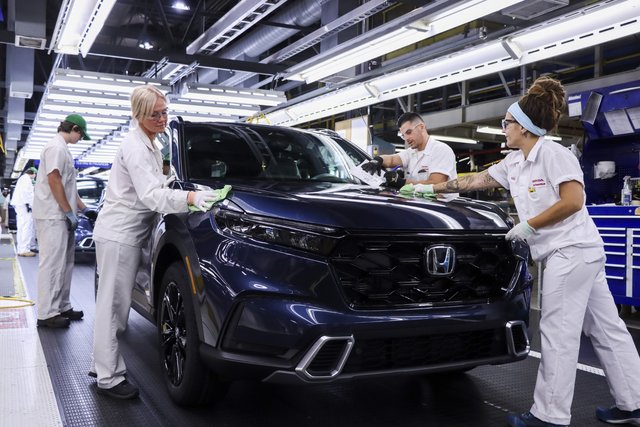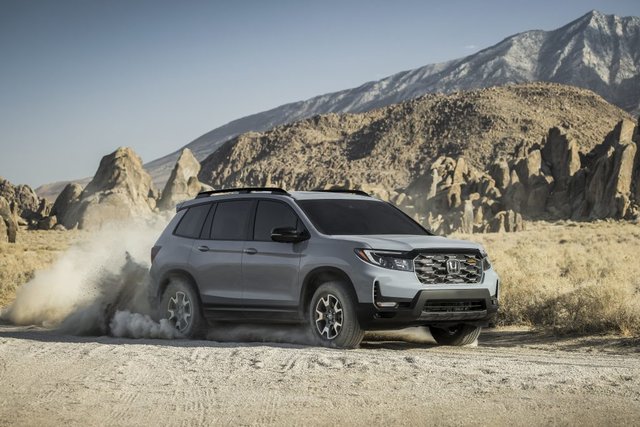Alliston Honda Plant To Specialise In Electric Vehicles
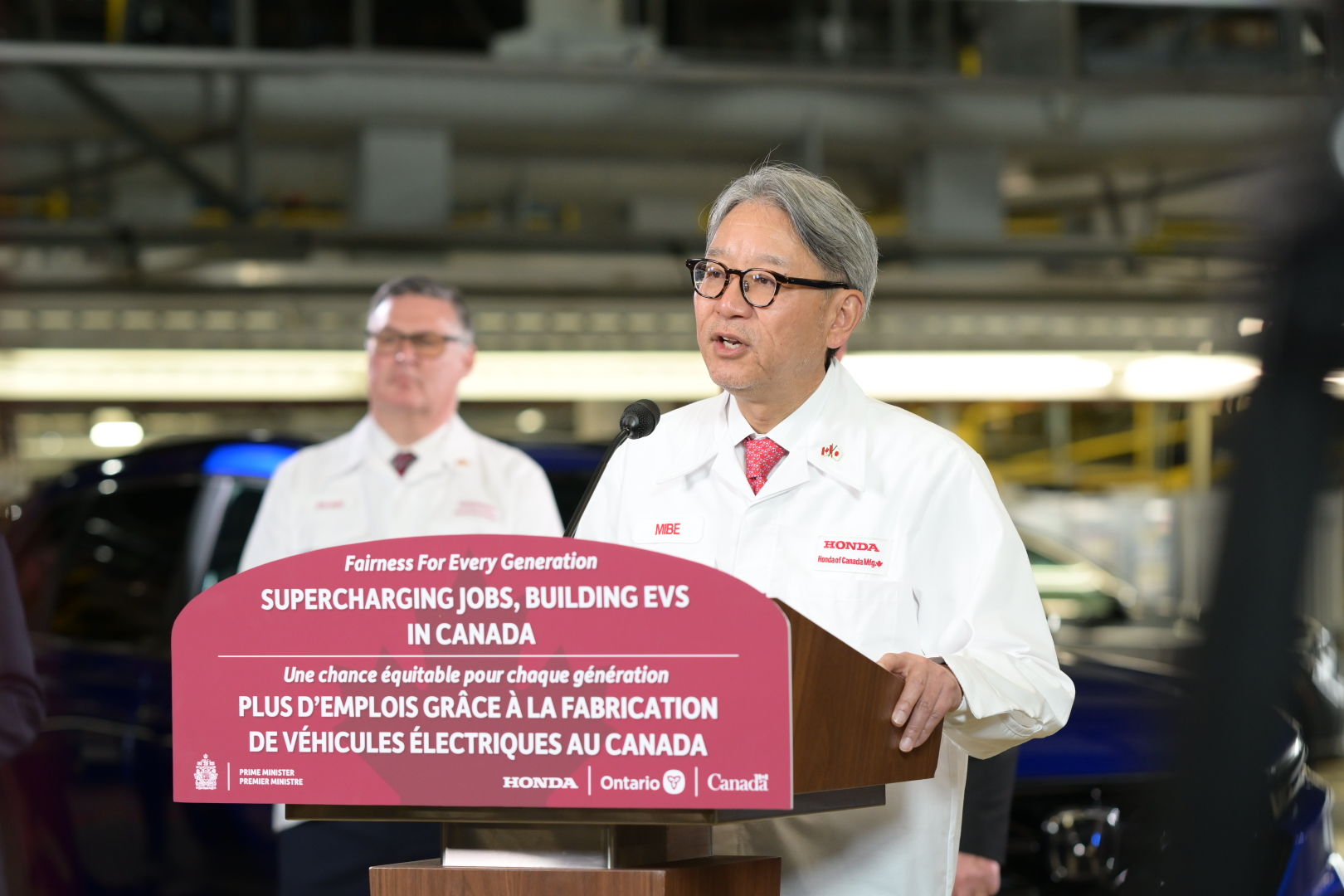
Honda Canada has announced its intention to establish a comprehensive EV value chain in Canada, with an estimated investment of $15 billion Canadian.
This initiative aims to enhance Honda's EV supply infrastructure and capabilities in anticipation of a surge in EV demand in North America.
Honda is currently in the initial stages of assessing the necessary steps to construct an innovative and environmentally conscious Honda EV manufacturing facility, along with a dedicated Honda EV battery plant in Alliston, Ontario.
Honda plans to commence electric vehicle production in 2028. The EV plant is projected to produce 240,000 EVs annually once it is fully operational.
Honda aims not only to maintain the current employment level of 4,200 associates at its two existing manufacturing facilities in Ontario but also to recruit at least 1,000 new associates for the EV and EV battery manufacturing facilities.
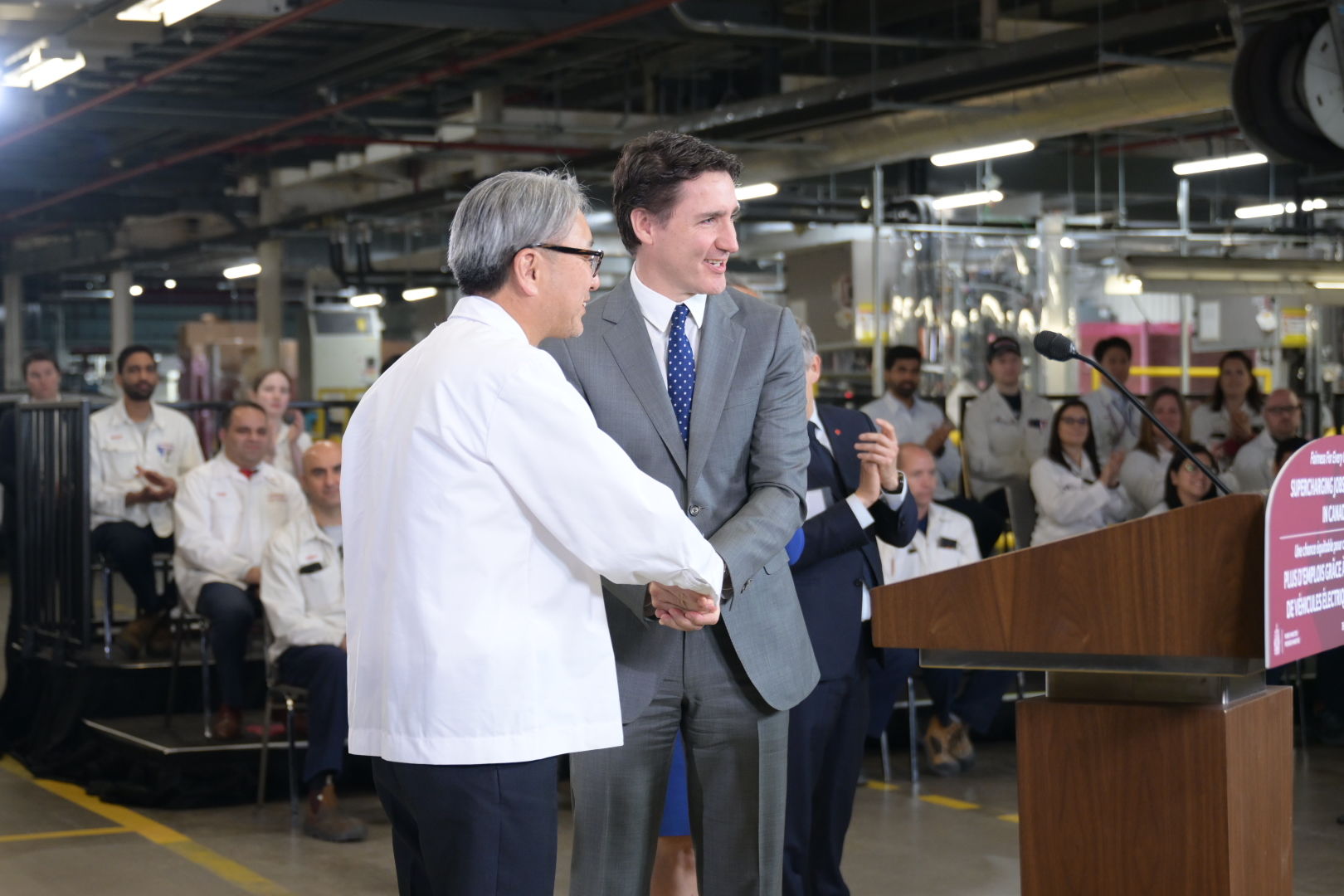
President and CEO of Honda Canada Jean Marc Leclerc says “Honda of Canada Manufacturing is one of the premier automotive manufacturing facilities in the world and for nearly forty years, our work has been guided by determination, innovation, and a relentless drive to evolve. Today's announcement is a historic investment by a manufacturer in the Canadian auto industry. It proudly honours the highly skilled associates who have earned a global reputation for manufacturing excellence and represents Honda’s recognition of the long-term attractiveness of the Canadian electric vehicle manufacturing ecosystem.”
The establishment of the new facilities will also generate numerous additional jobs across all sites, particularly in the construction sector.
In order to bolster this initiative, Honda is working closely with the Canadian and Ontario governments to foster advancements in low-emissions manufacturing.
This collaboration involves leveraging performance-based programs provided by the federal government's recently introduced Investment Tax Credits, as well as provincial incentives, both direct and indirect.
Honda’s EV Strategy For North America
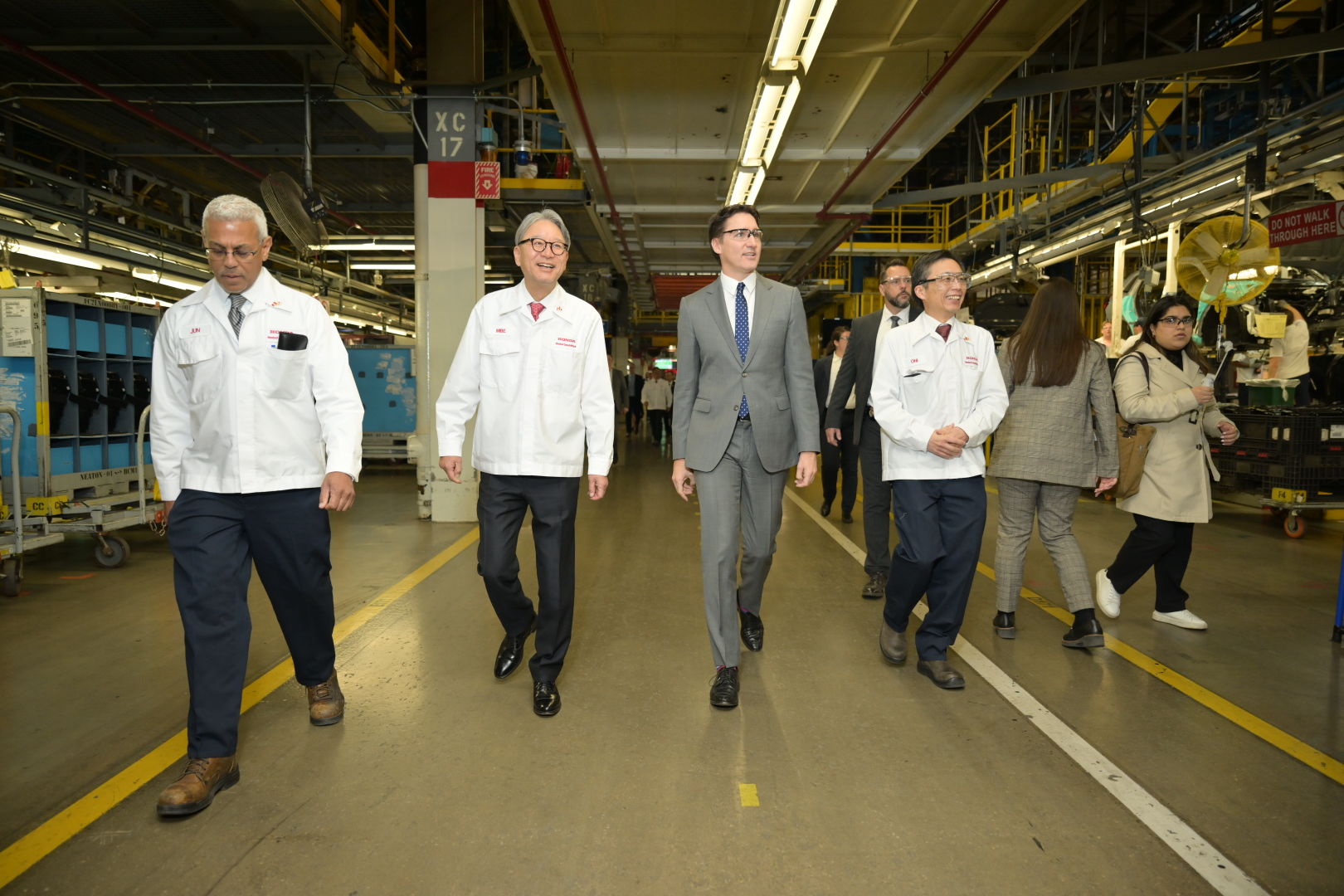
In pursuit of achieving carbon neutrality for all its products and corporate activities by 2050, Honda has established an objective for BEVs and FCEVs to account for 100% of vehicle sales by 2040.
To reach this target, Honda will persist in providing appealing products during this electrified era worldwide, with a focus on its primary market in North America.
To achieve this electrification goal in North America, Honda took the initial step by designating its current automobile production facilities in Ohio, USA, as its EV Hub.
This includes the revamping of the current plants, a $700 million investment, and the establishment of a joint venture EV battery plant with LG Energy Solution, involving an anticipated investment of $4.4 billion.
The Ohio EV hub will act as the cornerstone for upcoming EV and EV battery manufacturing, exchanging knowledge and skills with other Honda facilities in North America. EV production at the Marysville Auto Plant is anticipated to commence in late 2025.
As the next phase of this initiative, Honda aims to set up a complete EV value chain in Canada, covering all stages of EV manufacturing, from sourcing raw materials, especially for batteries, to assembling complete EVs.
Furthermore, by considering secondary use and battery recycling, Honda aims to achieve low-carbon value creation across the entire battery life cycle.
This approach will not only help Honda build a strong and profitable business but also support the transition to a carbon-neutral society.

